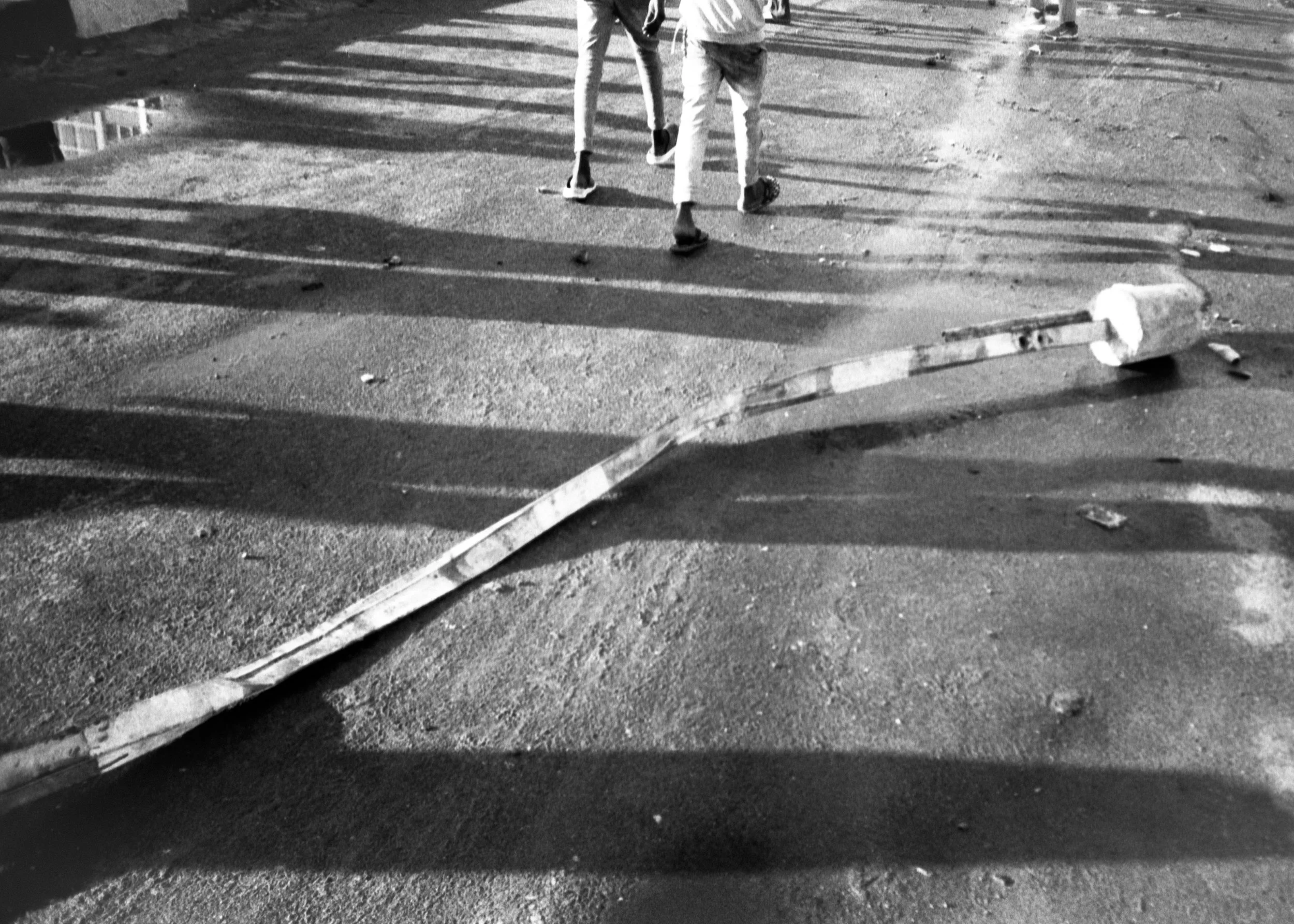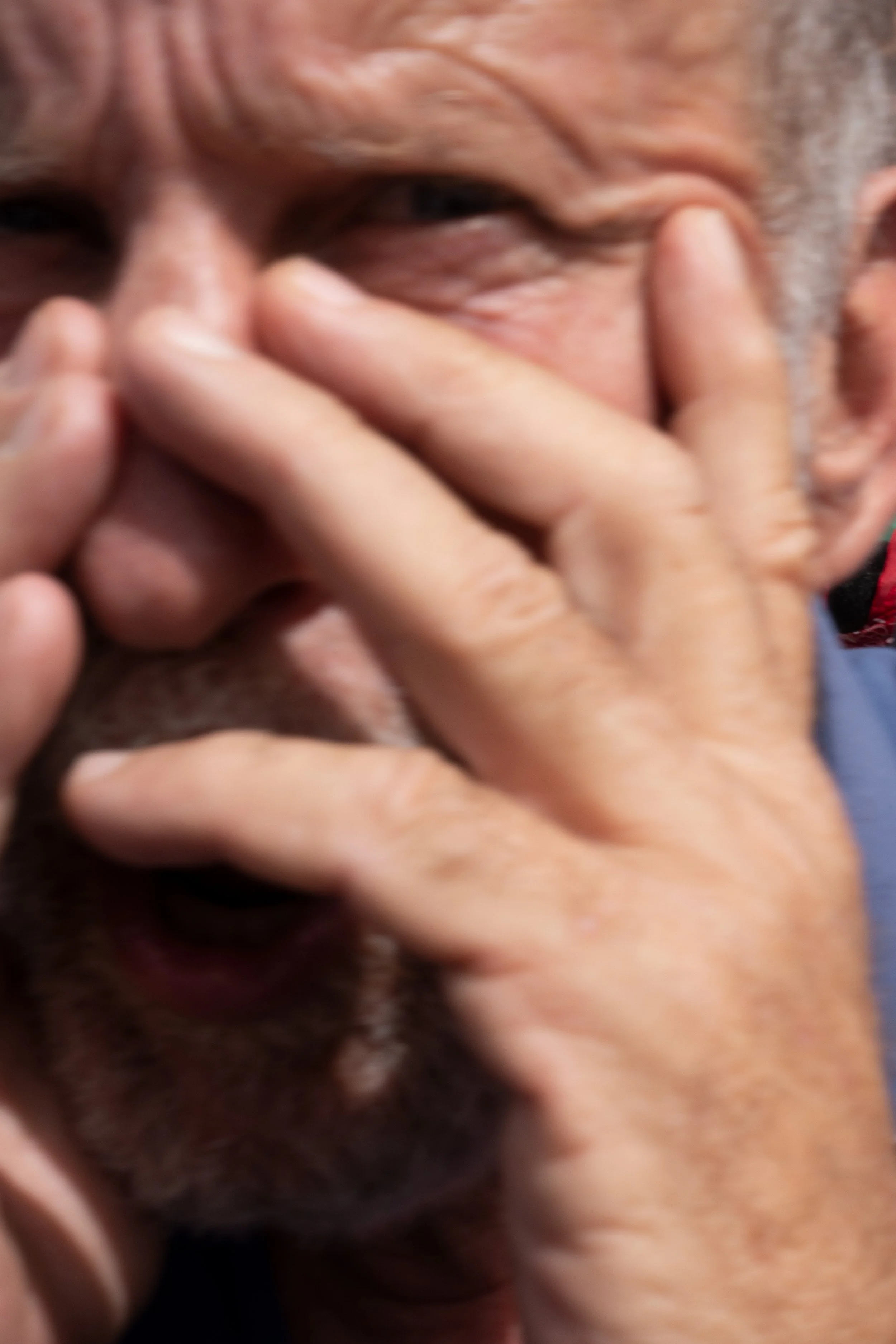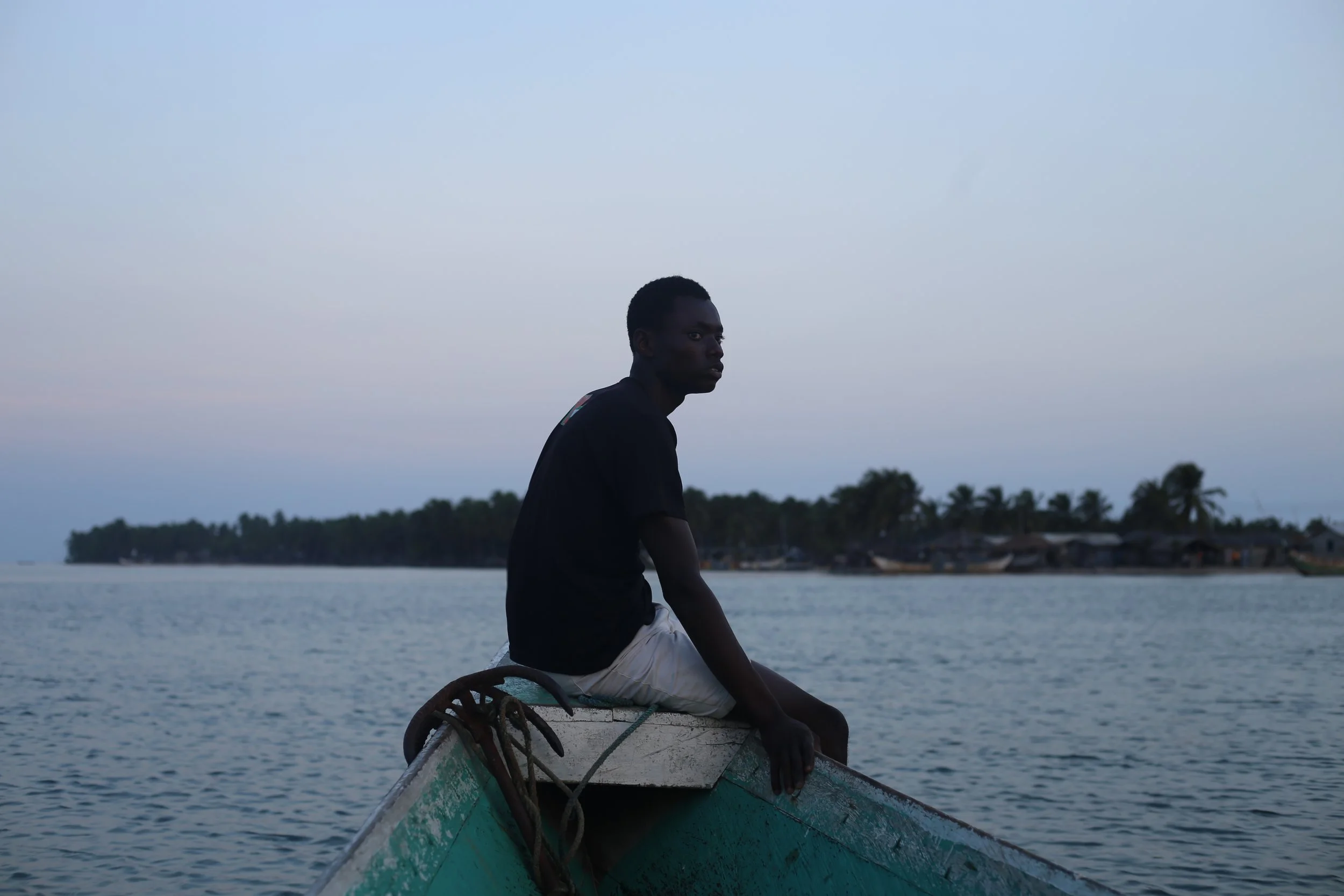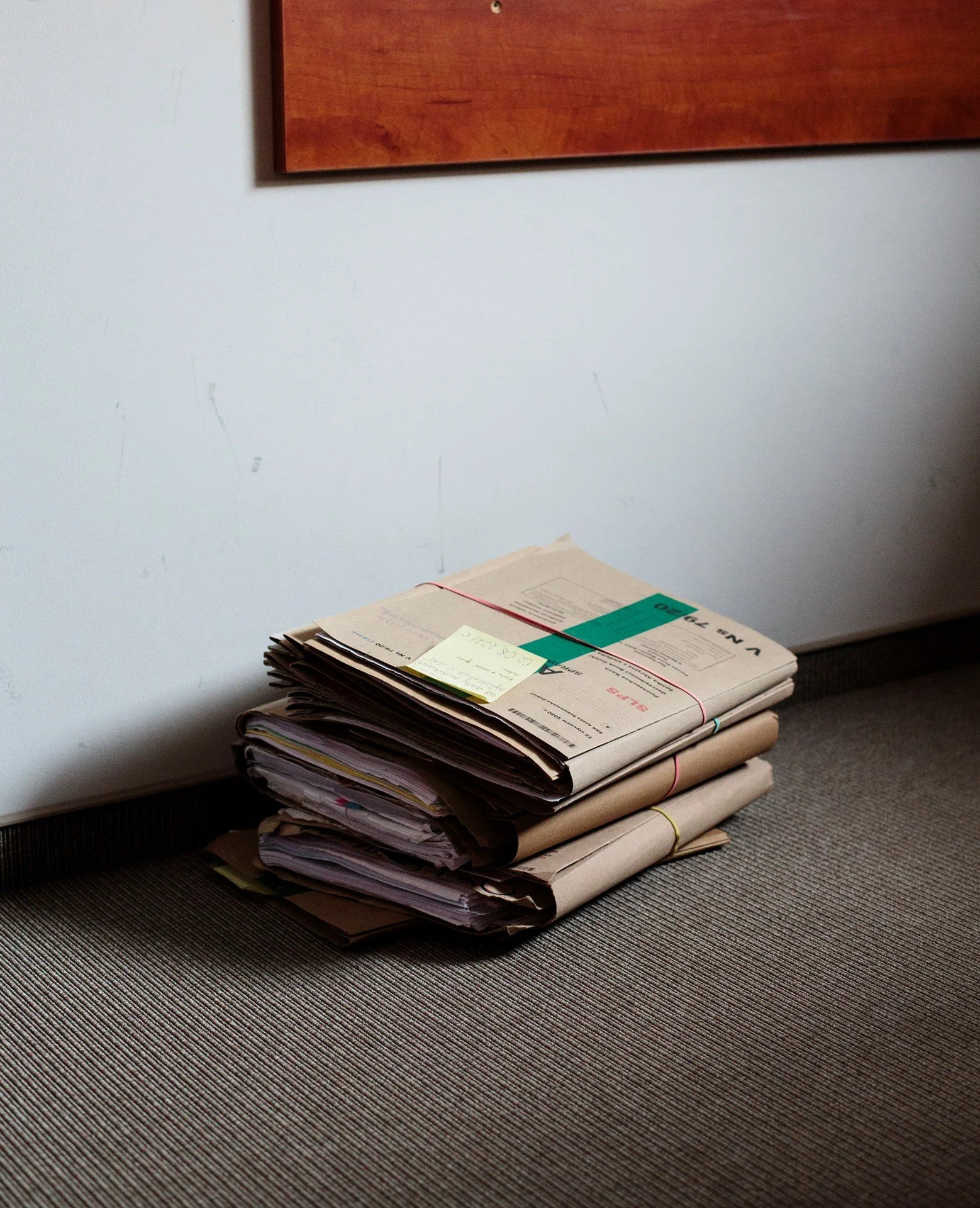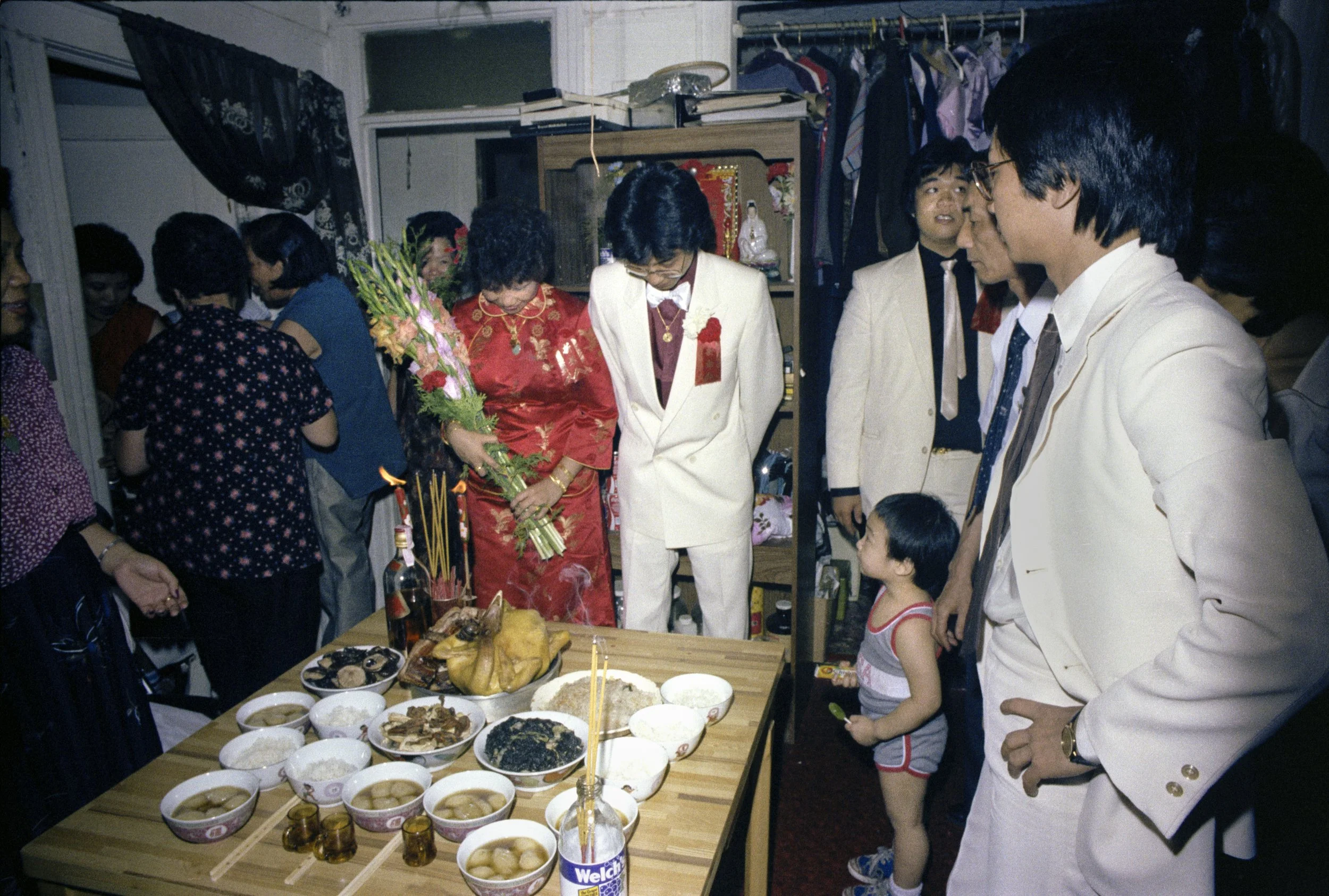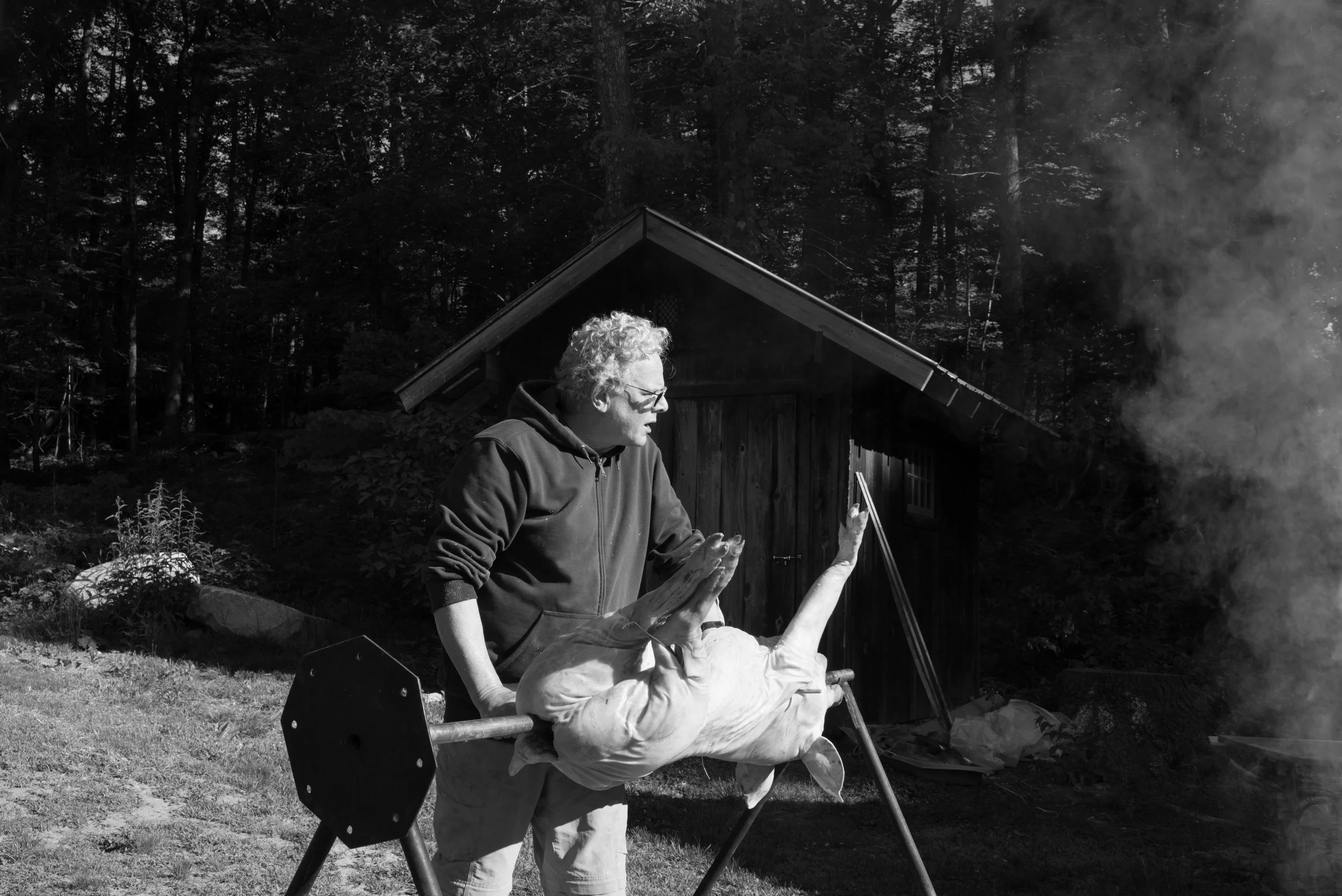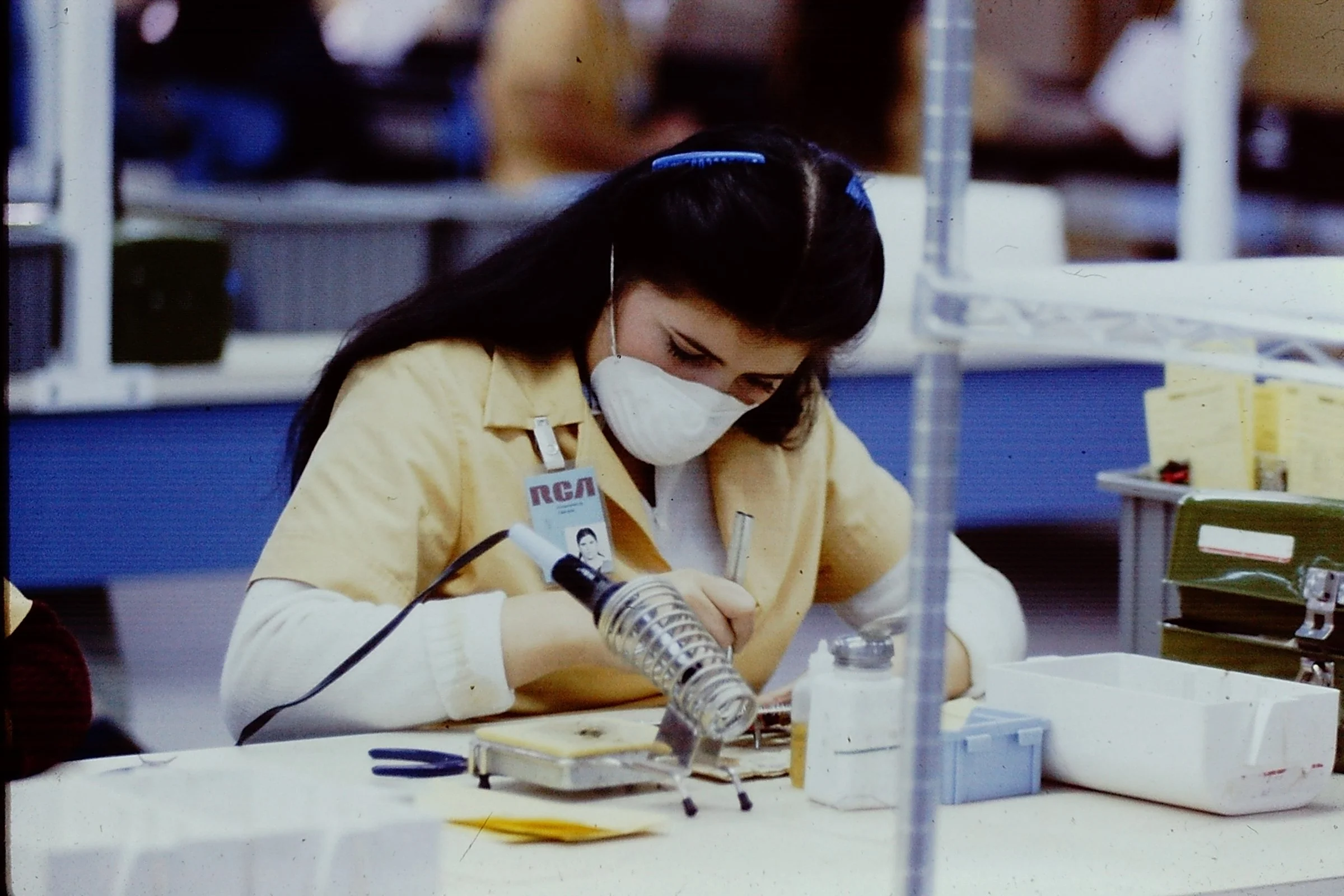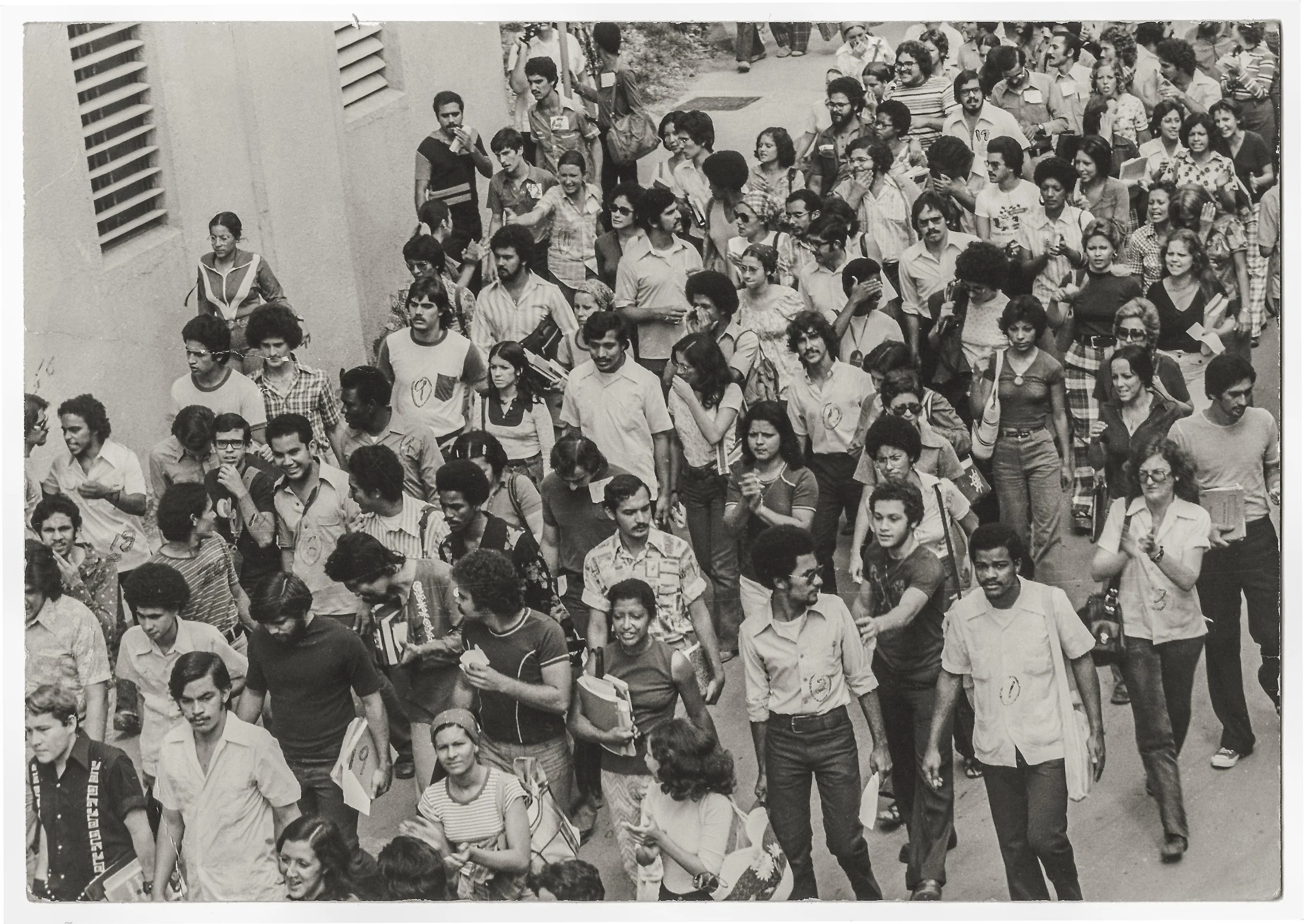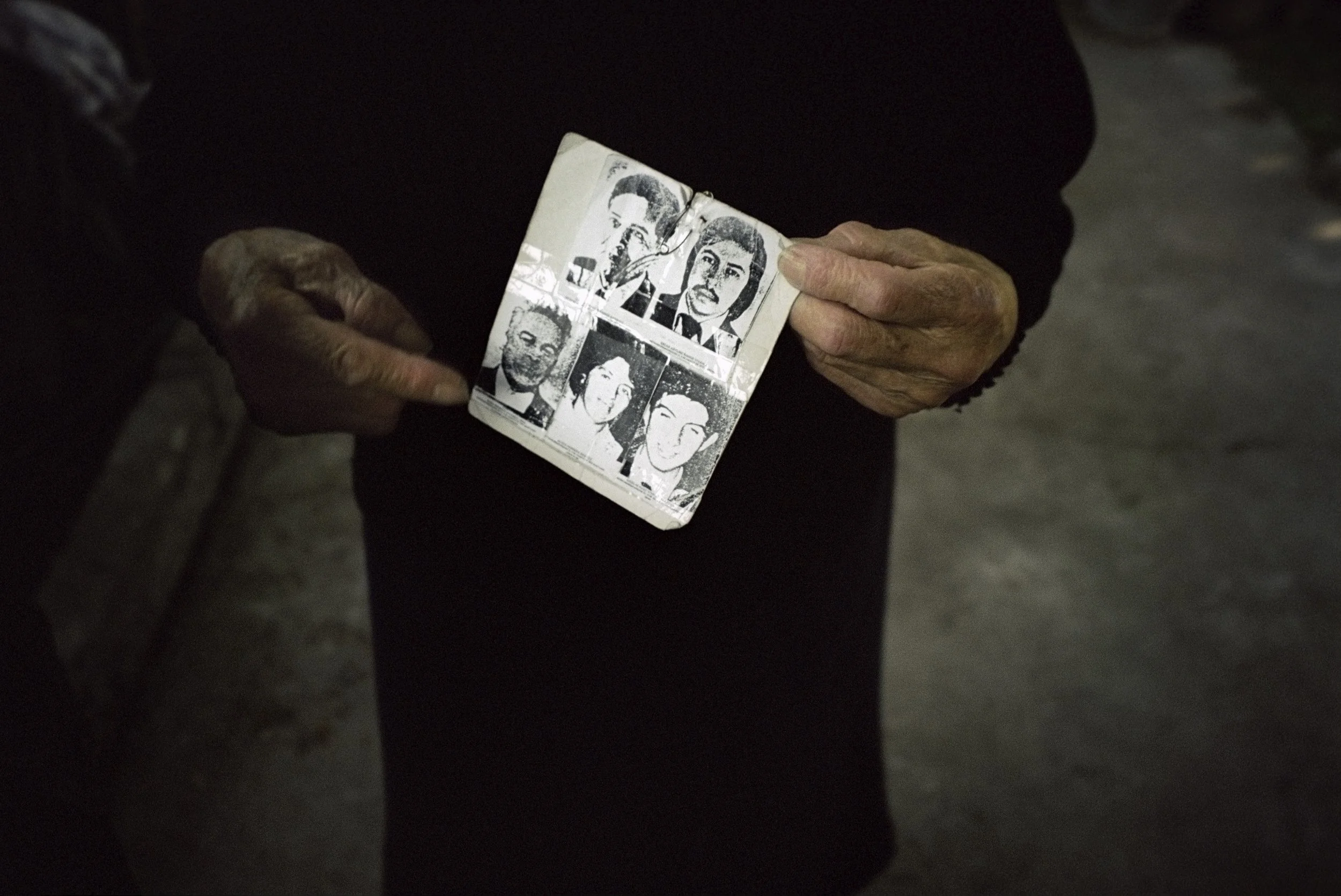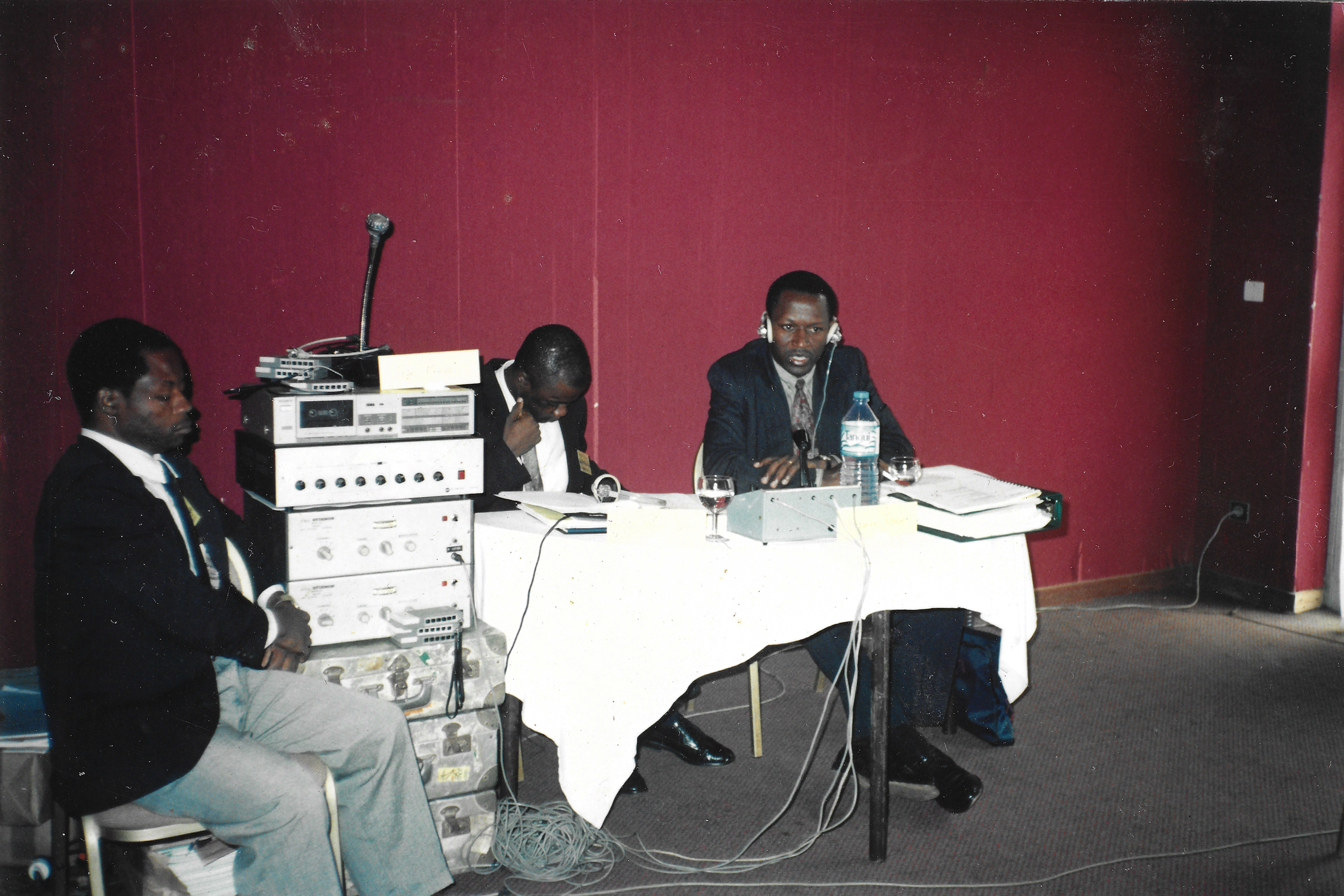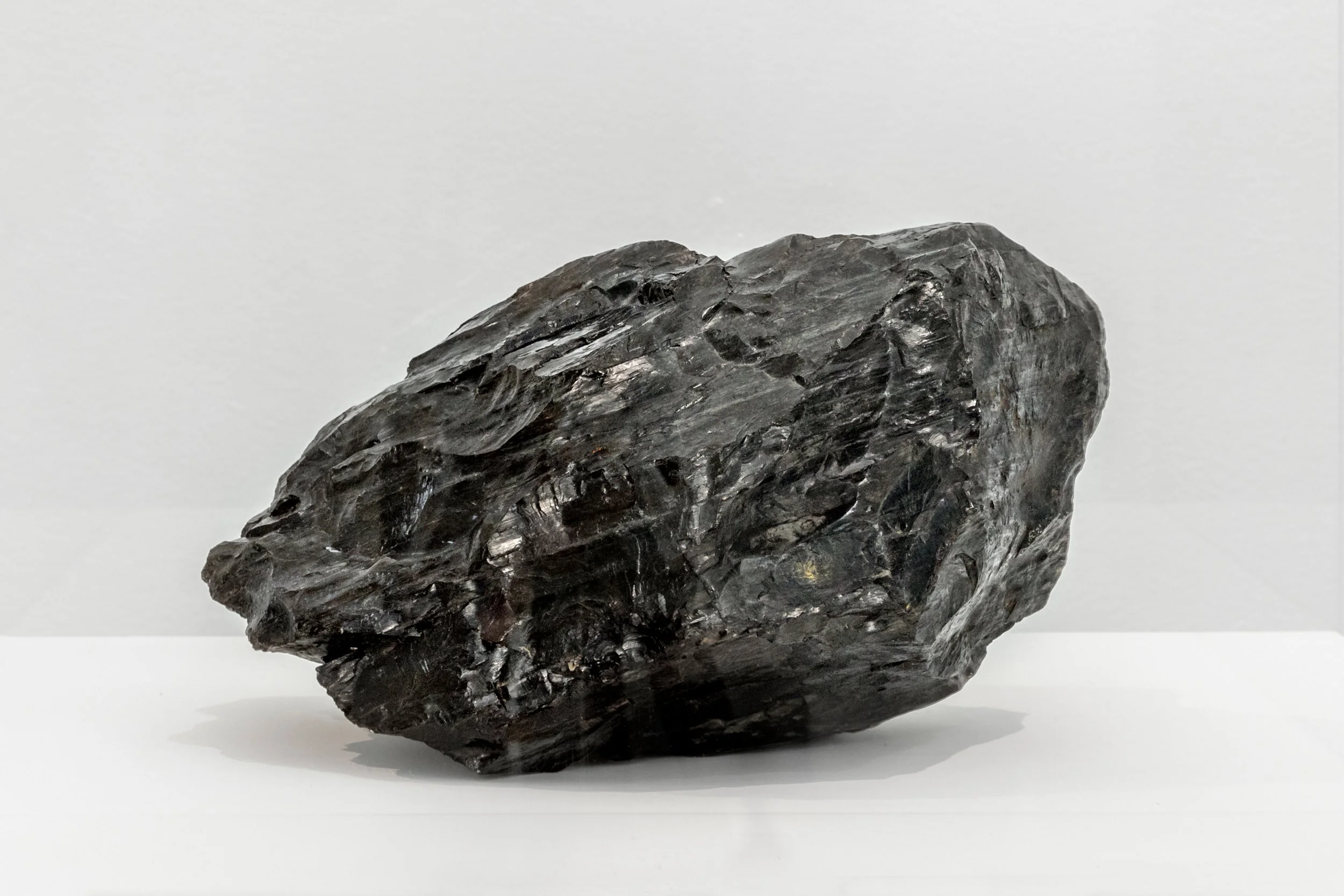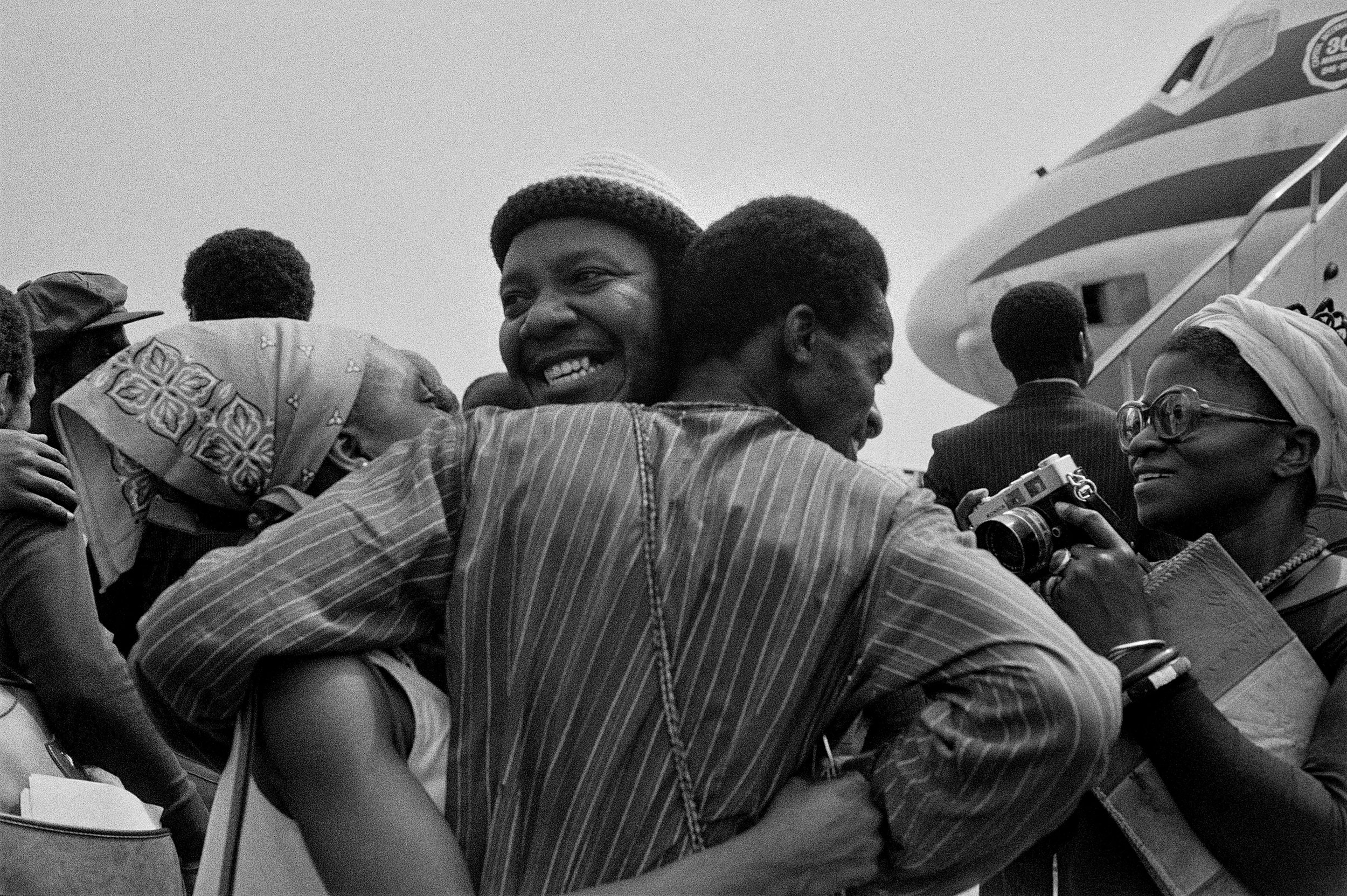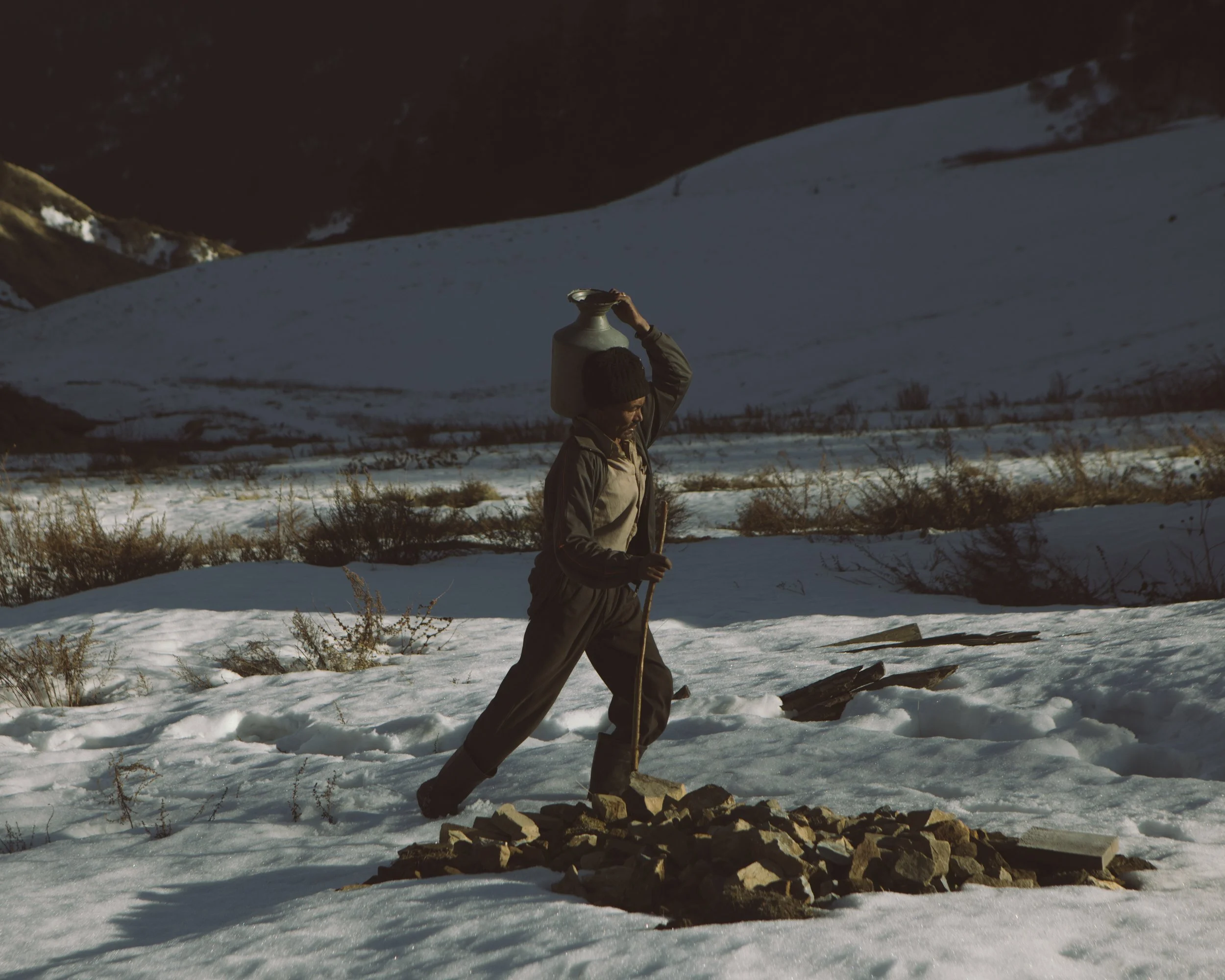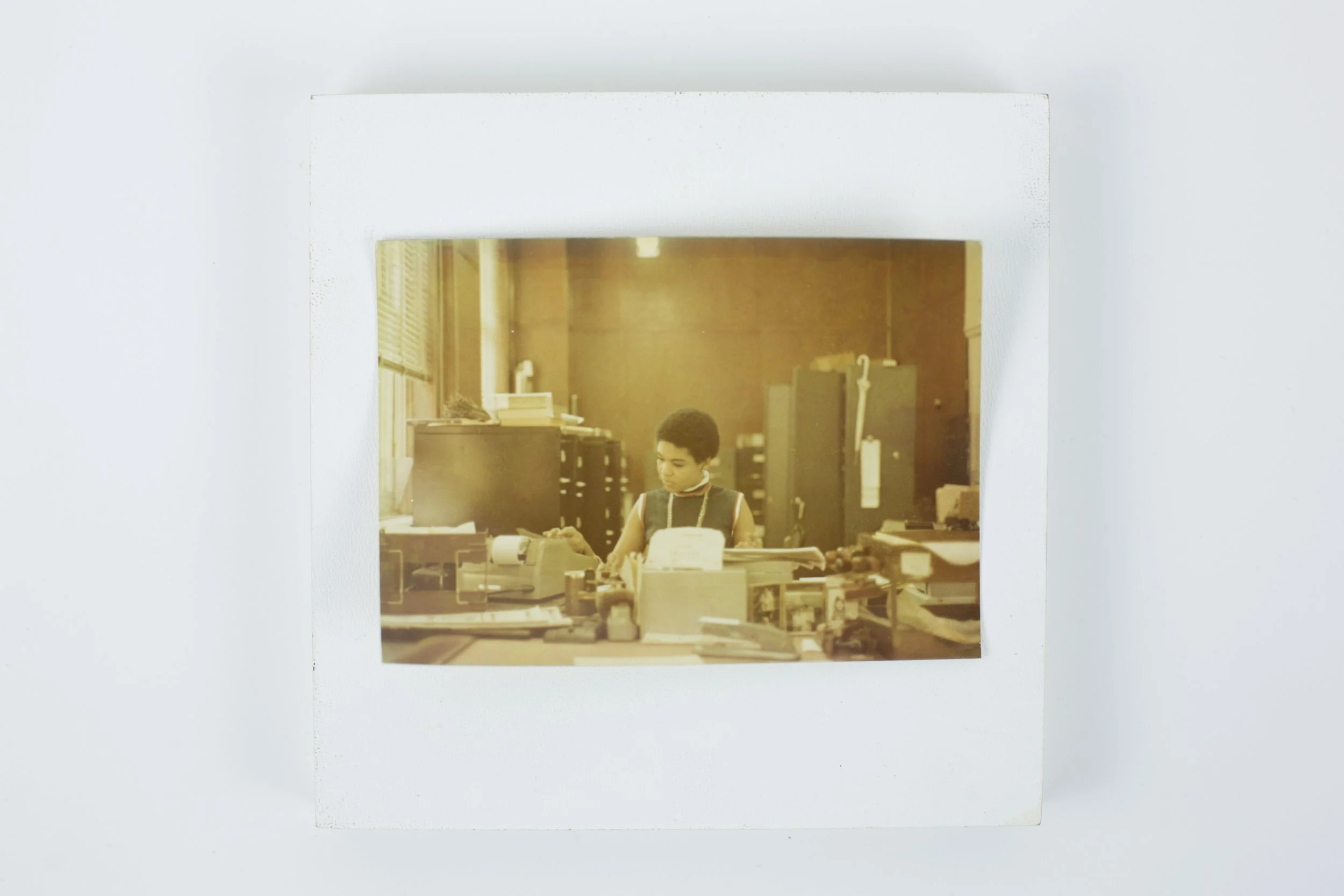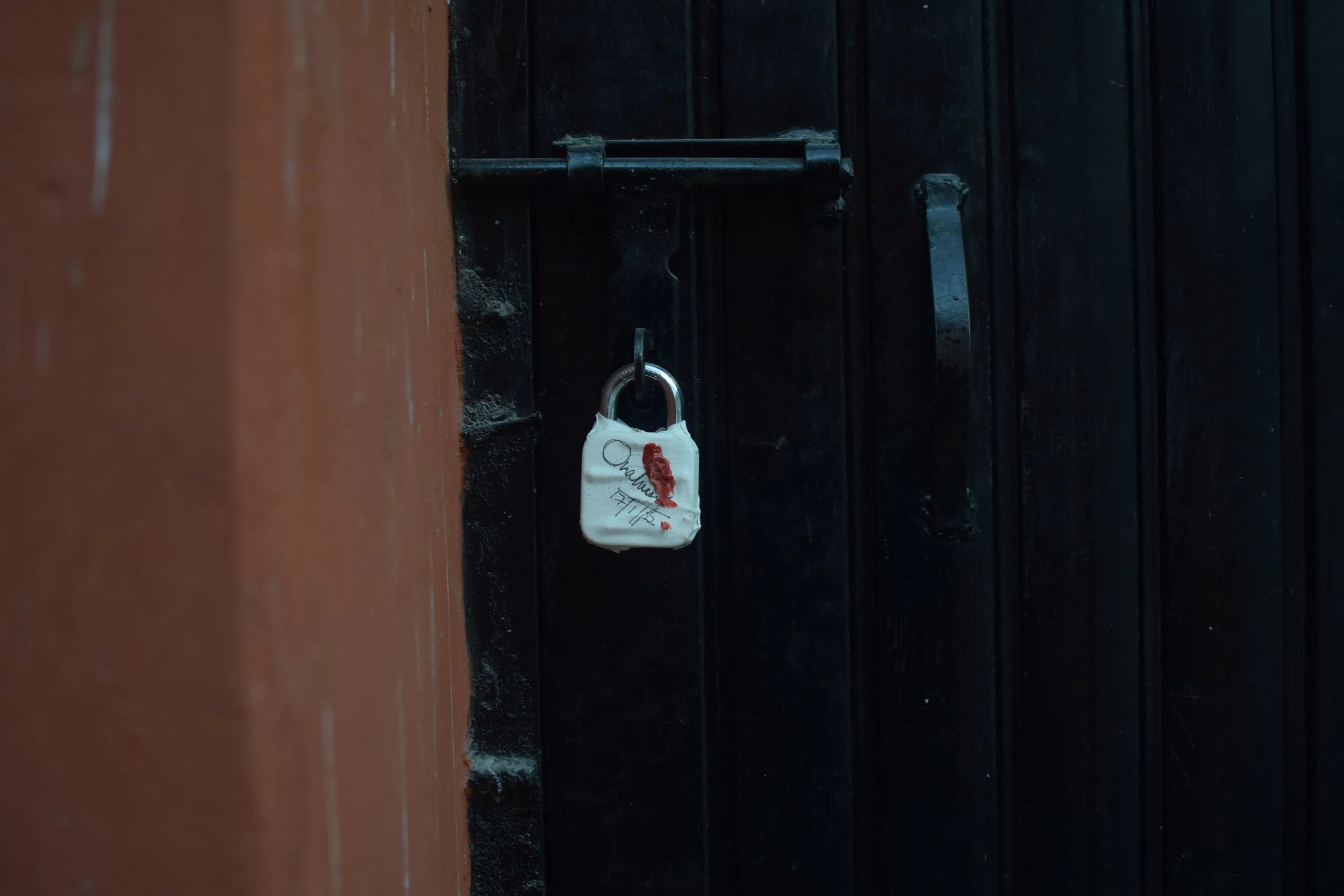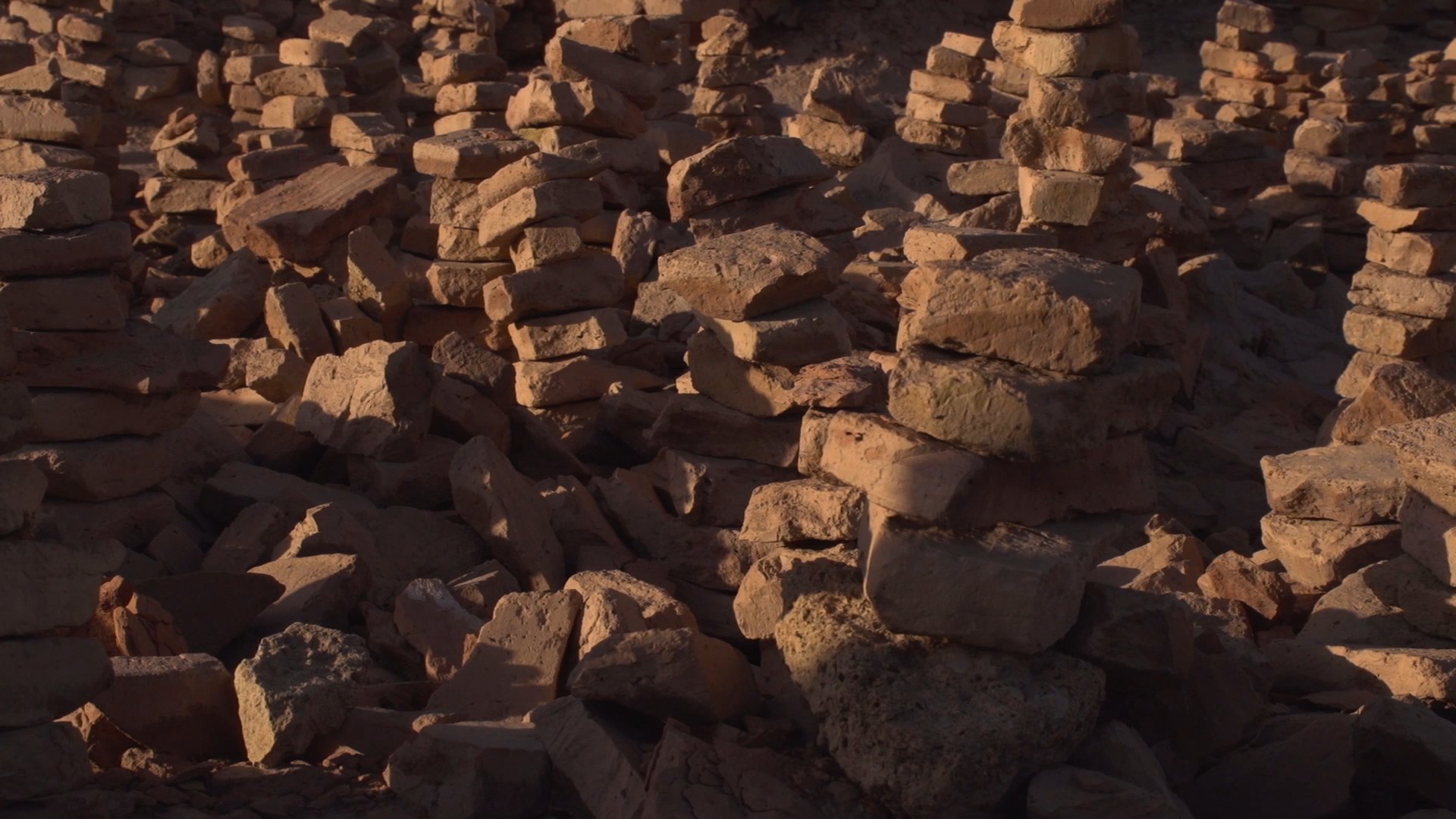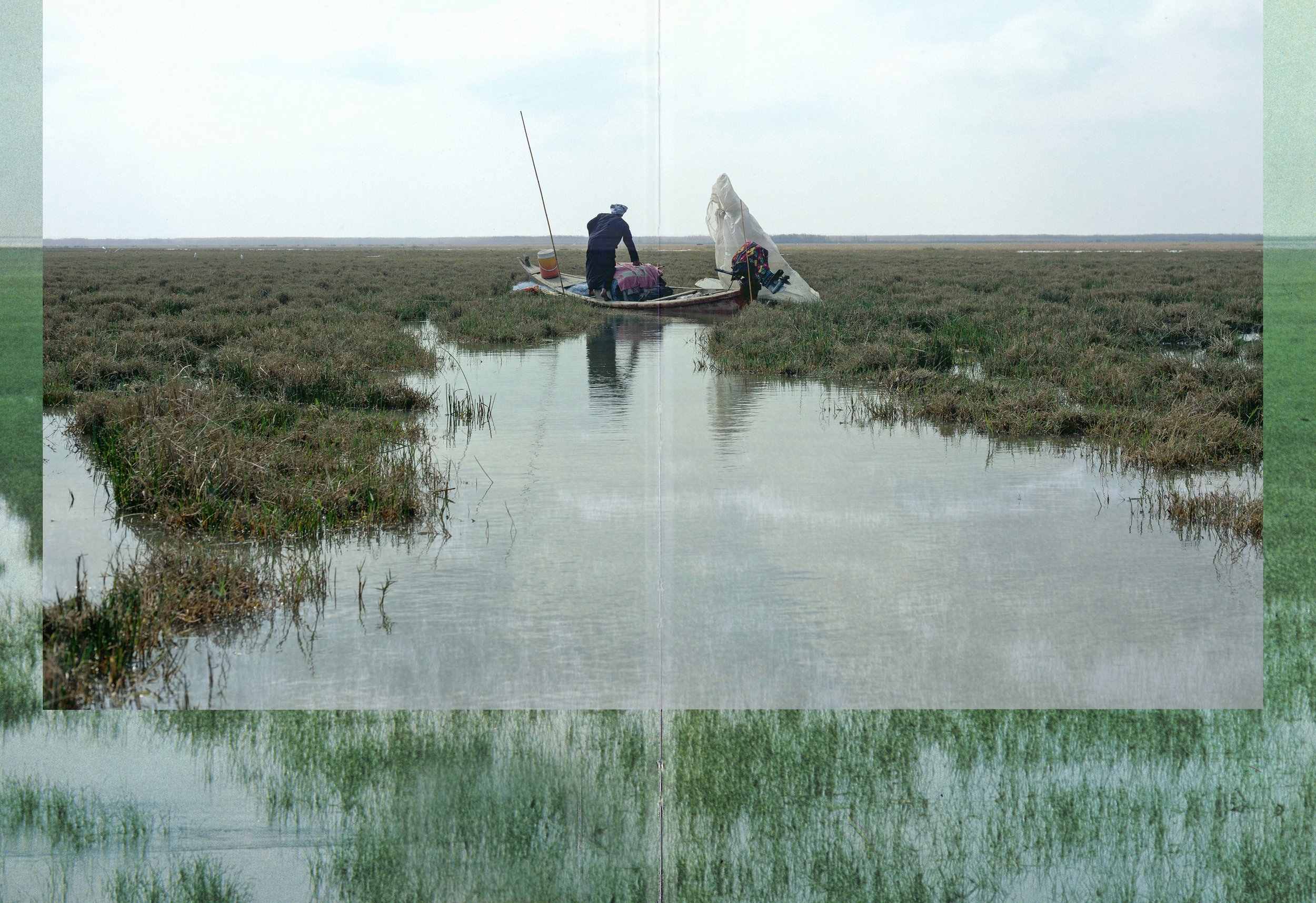Announcing the 2022 Counter Histories Grantees
Salih Basheer
Magnum Foundation is thrilled to announce the participants in our 2022 Counter Histories initiative supporting projects that creatively reframe the past to engage with urgent questions of the present and future. The twenty selected artists will each receive a grant of $10,000, take part in project development workshops, and connect with collaborative partners and networks as part of our ongoing Photography Expanded series that experiments with new approaches to visual storytelling. They are:
Abdo Shanan, Algeria
Adjoa Armah, Ghana / United Kingdom
Agata Szymanska-Medina, Poland
Alan Chin, United States
Alice Proujansky, United States
Andrea Carrillo Iglesias, United States / Mexico
Belhassen Handous, Tunisia
Christopher Gregory-Rivera, United States / Puerto Rico
Claudio Pérez, Chile
Ethel-Ruth Tawe, Cameroon / Netherlands
Jonas N.T. Becker, United States
Mackenzie Calle, United States
Marilyn Nance, United States
Naomieh Jovin, United States
Prasiit Sthapit, Nepal
Qiana Mestrich, United States
Salih Basheer, Sudan
Sanna Irshad Mattoo, Indian-Administered Kashmir
Saodat Ismailova, Uzbekistan
Tamara Abdul Hadi, Canada / Lebanon
With projects that confront official histories, insert alternative narratives, and weave inclusive archives for the future, this intergenerational and transnational cohort poses critical interventions into the existing visual landscape of archives and memory. Over the course of the initiative, they will expand and complete their projects while coming together as a creative community in interdisciplinary exploration and collaboration.
On participating in the initiative, grantee Ethel-Ruth Tawe shared: “I am deeply grateful for the opportunity to convene with those equally passionate about ‘counter histories’ and imagemaking, together with the incredible support of Magnum Foundation and partners. A significant part of my work has been centered around these ideas, so it truly feels like a strong alignment. It will allow this project to iterate and expand in ways I believe has been destined.“
The selected artists were chosen from over 1,104 applications from 85 countries, via a hybrid open call and nomination process that helped reach applicants who might otherwise have been outside the range of Magnum Foundation’s immediate network. Following a multi-round review process that ensured several eyes on each application, the final cohort was chosen by a selection committee that included members of the Magnum Foundation team as well as Patricia Eunji Kim, Assistant Professor at New York University and Senior Editor and Curator-at-Large at Monument Lab, and Heba Hage-Felder, Director of the Arab Image Foundation. Commenting on the group of selected artists, Kim shared:
Through their multi-media works, these artists lead the way in counter-historical work by confronting colonial impulses within extant historical archives and redressing the power dynamics of photography as a historical practice. Some of the projects contend with state violence and surveillance, while others mine family archives and deal with archival loss as reparative acts of remediation. Many projects trace the ways that individual and collective narratives about the past continuously shift and form, revealing the fuzzy lines between history and memory. Finally, the cohort includes artist-activists whose work is dedicated to creating visibilities for communities who have been marginalized for their migration status, race, ethnicity, gender identity, sexuality, and class.
Their collective strength is in their serious commitment to justice, co-creating visionary futures through their individual contributions. The cohort represents the very best of transnational memory-work; together, the artists illuminate the ways that our movements for justice, visibility, and repair eerily reverberate and beautifully intertwine across disparate land- and water-scapes and through time.
Hage-Felder added: “The array of political and justice topics among the selected artists is invigorating – from personal stories that speak to wider communities, to those plotting how to re-inhabit existing archives. The urgency to transmit what is intangible is there, and I am curious to see how the projects use nuanced imagery to unravel complex dynamics related to belonging, labor, and displacement. There is so much that photography can do.”
Over the course of the initiative, the cohort will explore questions including: What could an archive of the future look like? What creative possibilities are offered by the gaps, absences, and silences in archives and historical records? How can artists engage with histories that weren’t photographed? How can found photographs and artist-driven archives contribute to fuller understandings of the past, present, and future? How might artists address the ways photography is implicated in creating and perpetuating violent histories and limiting potential futures? How could multidisciplinary approaches augment or extend photographic work on historical narratives? In revisiting objects tasked with holding memory (monuments, heirlooms, etc) and histories, how can artists present alternative methods of memory-making and keeping? Why are some histories left behind, while others are carried forward? How can artists honor histories that are personal, private, or intended for particular communities and purposes? What would it look like for artists to lead the way in creating new modes of respect and care in the circulation of images?
Thanks to the generosity of The Henry Luce Foundation, we were able to increase the total number of grants from twelve to twenty, and we look forward to the more ambitious scope of programming that this funding will allow. Additional support for Counter Histories is provided by The Fledgling Fund, the Phillip and Edith Leonian Foundation, the Andrew W. Mellon/ACLS Early Career Fellowships, the William Talbott Hillman Foundation, and Columbia University’s Brown Institute for Media Innovation.
Magnum Foundation is grateful to our advisory committee, whose diverse and multidisciplinary perspectives have been invaluable in shaping the framework of this initiative: Omar Berrada, Mengwen Cao, Jill Casid, Stephanie Dinkins, Michael Famighetti, Noelle Flores Théard, Kate Fowler, Ariel Goldberg, Kameelah Janan Rasheed, Patricia Eunji Kim, Andrew Kircher, Ari Melenciano, Oluremi Onabanjo, Prerana Reddy, and Mark Sealy.
Please join us in congratulating the 2022 Counter Histories grantees, and read more about this outstanding group of photographers and artists below!
Abdo Shanan | Algeria
The Right to a Memory
“Many aspects of Algeria are related to history, the one written by the state, where there are only heroes, without space for ordinary people. From history like this, can we imagine a country outside of the politics of the victorious?”
Adjoa Armah | Ghana / United Kingdom
In our language the word for the sea means 'the spirit that returns'
“I am interested in how to attend to difficult histories without reverting to a project of the naming and description of violence. Instead my primary question is how can we, in this case Black people globally, talk to each other?”
Agata Szymanska-Medina | poland
The "Good" Change
“What creative possibilities do I have to visualize absences of information? How can I incorporate state propaganda in a visual narrative to create a new historical context?”
Alan Chin | United States
Toishan in America
“I want to explore how different members of our community look at the history of Chinese Americans, how we value it — or not. There's often the desire to forget in conjunction with the desire to commemorate, contradictory as that may seem.”
Alice Proujansky | United States
Hard Times are Fighting Times
“How can I use the archive to understand my story, invite viewers to connect with their family archives, and balance the personal and political histories that shape our lives?”
Andrea Carrillo Iglesias | United States / mexico
Safety Blue
“How do artistic processes and products supported by personal archives contribute to re-signifying silenced voices? How can an archive, through artistic means, dignify, promote care and respect, and subjectify the experiences of women workers?”
Belhassen Handous | Tunisia
In the Shadow of Our Founding Father
“How can I present a counter history of the fall of the Bourguibian regime in Tunisia?”
Christopher Gregory-Rivera | United States / Puerto Rico
Las Carpetas
“What about the ‘evidentiary’ nature of the photograph gives it unique potential to reconfigure a suppressed history?”
Claudio Pérez | Chile
Spoken Portrait: Certificate of Presence
“How can the medium support memory, in which photography becomes resistance to oblivion?”
Ethel-Ruth Tawe | Cameroon / Netherlands
Image Frequency Modulation II
“How have images connected and propelled African oral traditions across time and space? What do we find when we listen to images digitally? When does a family heirloom become a work of art?”
Jonas N.T. Becker | United States
Better or Equal Use
“I’m eager to discuss the impacts of extraction-based economies, environmental oppression, and further develop a framework for documentary where land and body are not considered as separate. My projects often highlight rural perspectives in these larger conversations.”
Mackenzie Calle | United States
The Gay Space Agency
“How can I highlight LGBTQ+ role models and question what American heroism looks like? How can archival images and mementos illuminate a silenced history?”
Marilyn Nance | United States
Last Day in Lagos—Slideshow for the People
“This community driven project is an act of self determination, and time travel. Can I create a story that will serve and inspire the people?”
Naomieh Jovin | United States
GWO FANM
“How have African spiritualism and religion impacted my family? How can I examine this through the lens of family history, religion, the African Diaspora and against western perspectives?”
Prasiit Sthapit | Nepal
Red is the Colour of Spring, Chapter 2
“What insights can looking through music at Nepal's decade long war bring? Who were the faces behind the music, and where are they now?”
Qiana Mestrich | United States
@WorkingWOC: A Visual Archive of Women of Color in The Workplace
“How can historical photography (and the accompanying narratives) be used to understand Black women’s double-minority status in the workplace?”
Salih Basheer | Sudan
Blue; Children of January
“I am exploring Sudan's history with military coups and revolutions in the past and the present, and how these political events affect the country's future.”
Sanna Irshad Mattoo | Indian-Administered Kashmir
Many Stories Die a Quiet Death: The Impossibility of History
“How can I create an alternative archive of the present that fills the absences and silences of current narratives?”
Saodat Ismailova | Uzbekistan
Stone, Tree and Spring
“As I seek to visualize pagan relationships to nature, can I develop a non-human gaze on the forest itself, its stories and tales?”
Tamara Abdul Hadi | Canada / Lebanon
Re-Imagining Return to the Marshes
“Can histories be colonized even in imagination? Can colonial narratives be re-imagined? Can we center those displaced and disempowered from their own histories and stories through photography — through photography?”
Counter Histories is an initiative developed by the Magnum Foundation, a non-profit organization that expands creativity and diversity in documentary practice.
Press Contact: Sarah Perlmutter, Manager of Communications and Development: sarah@magnumfoundation.org

